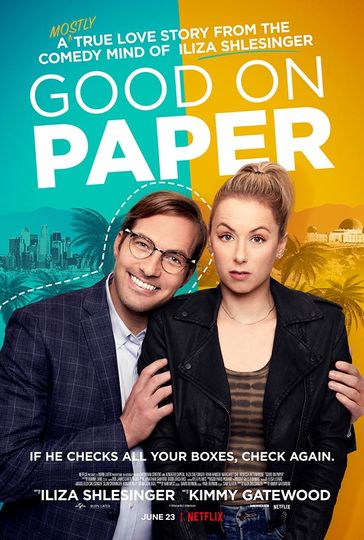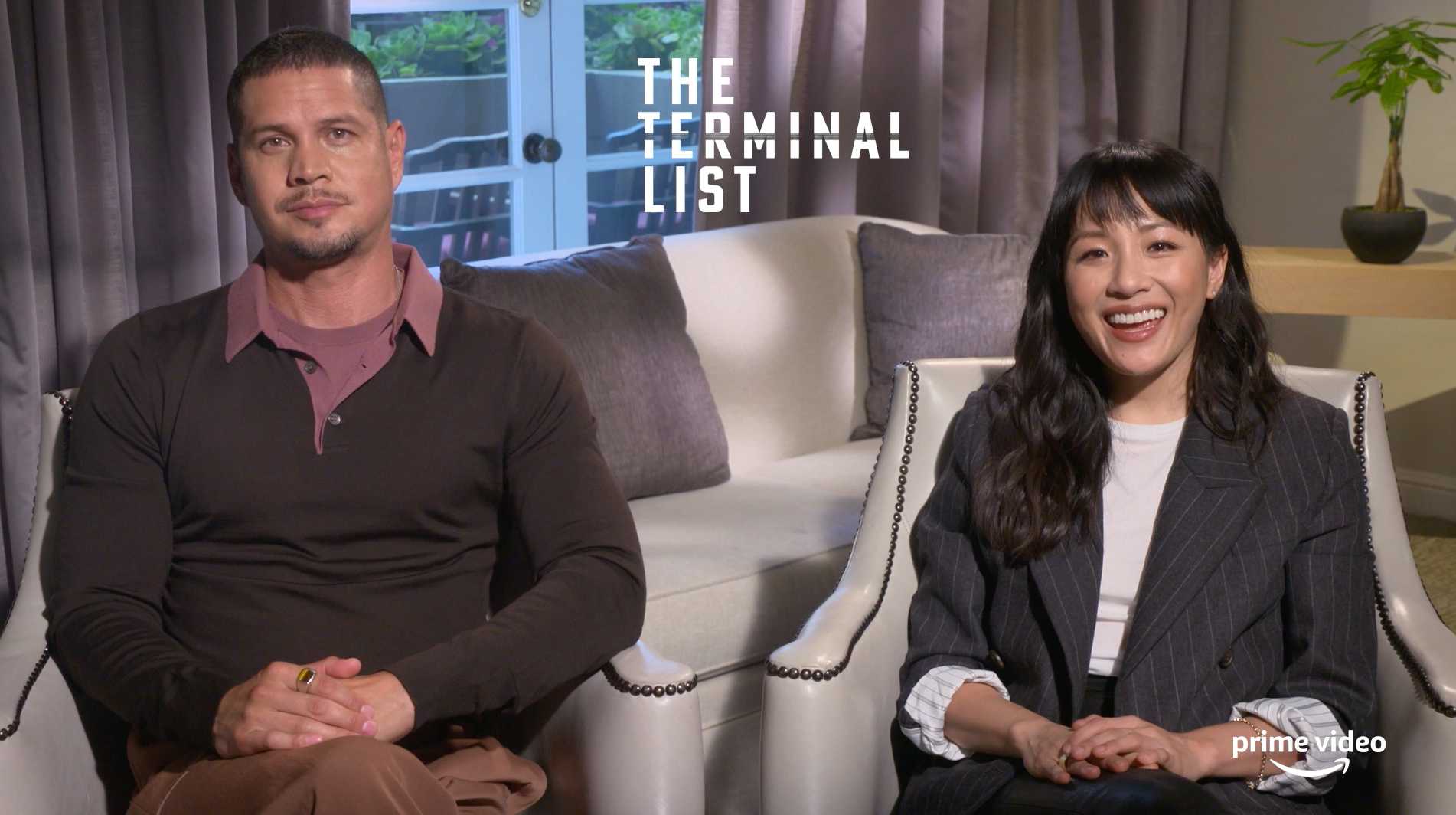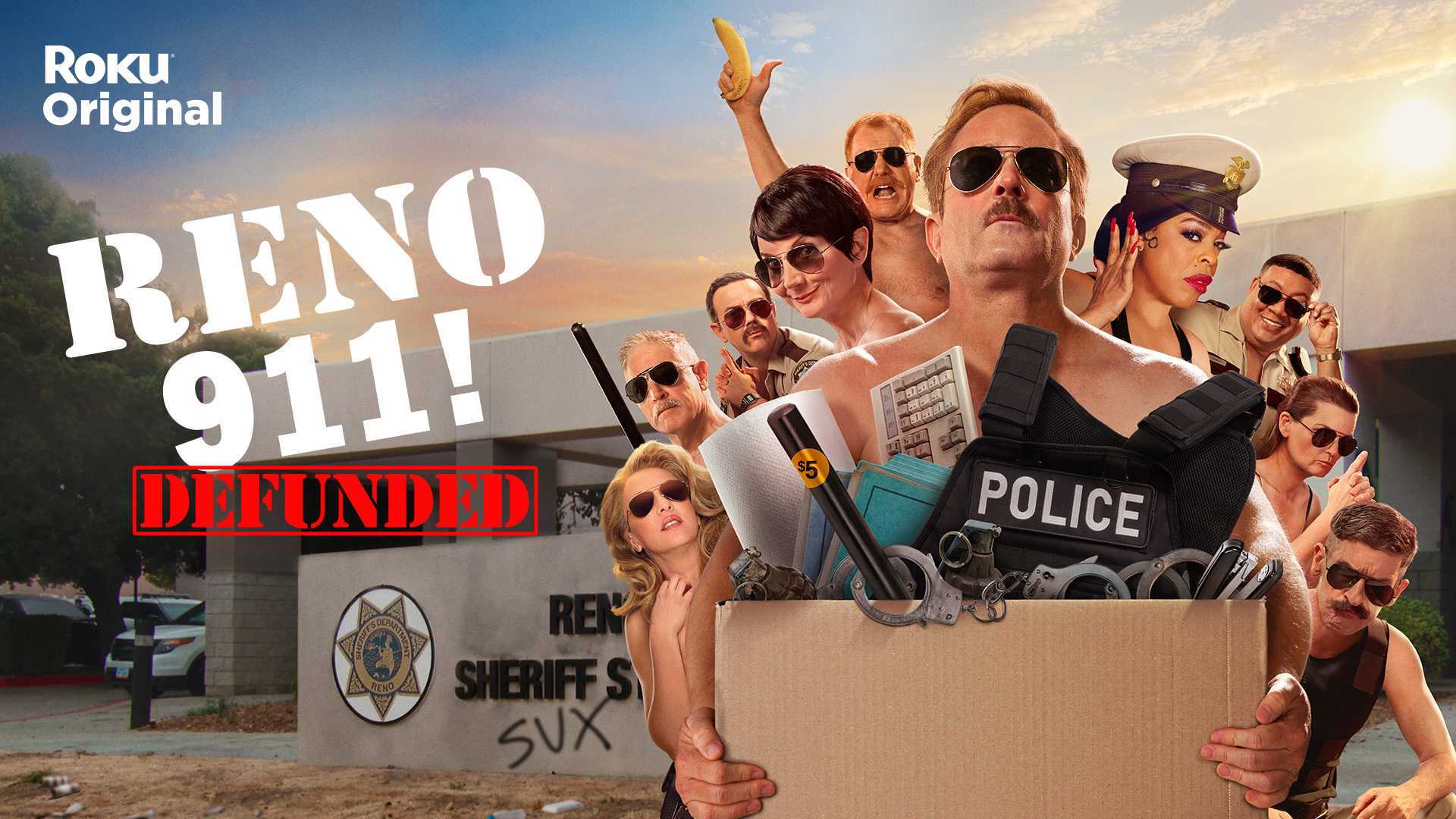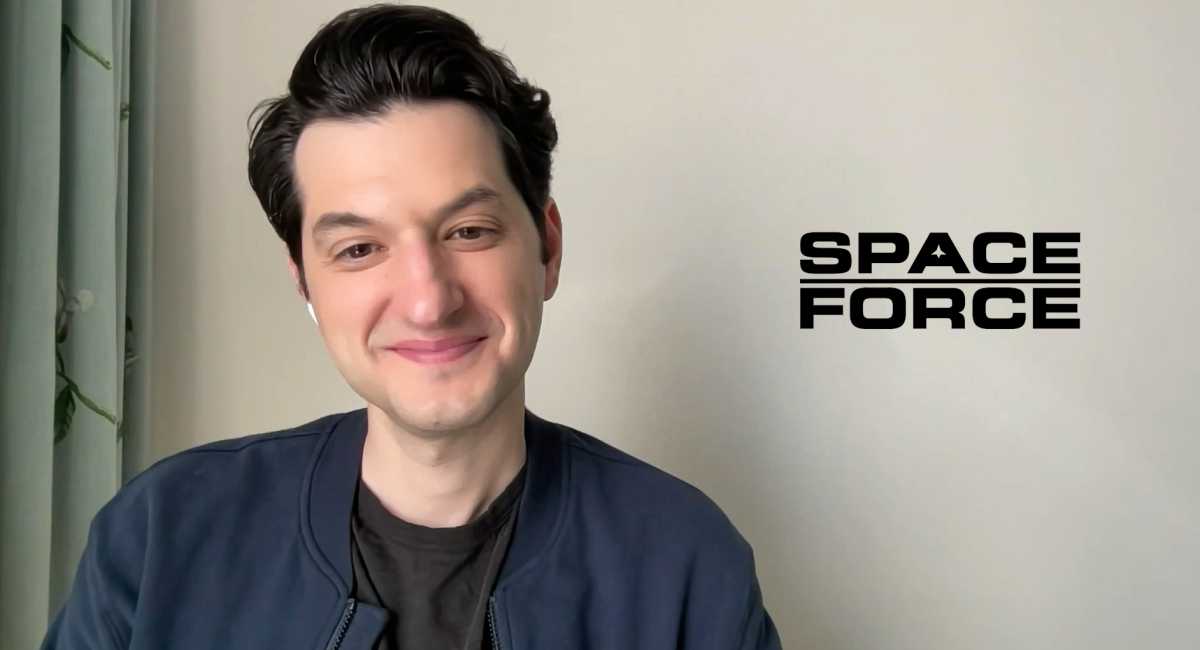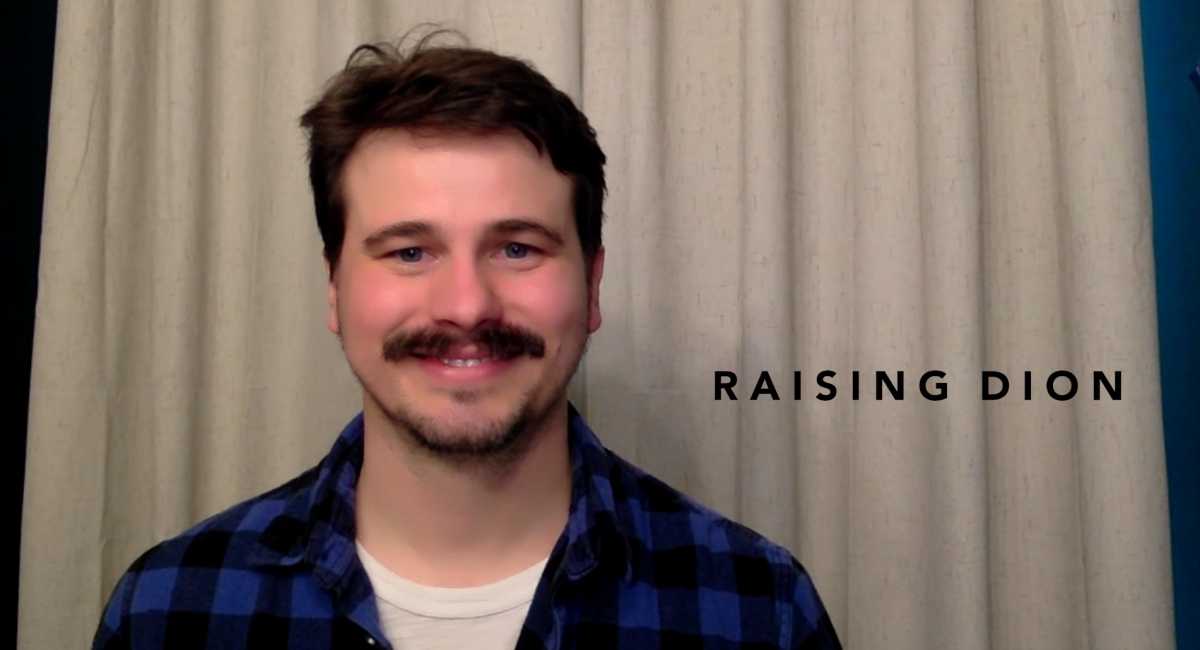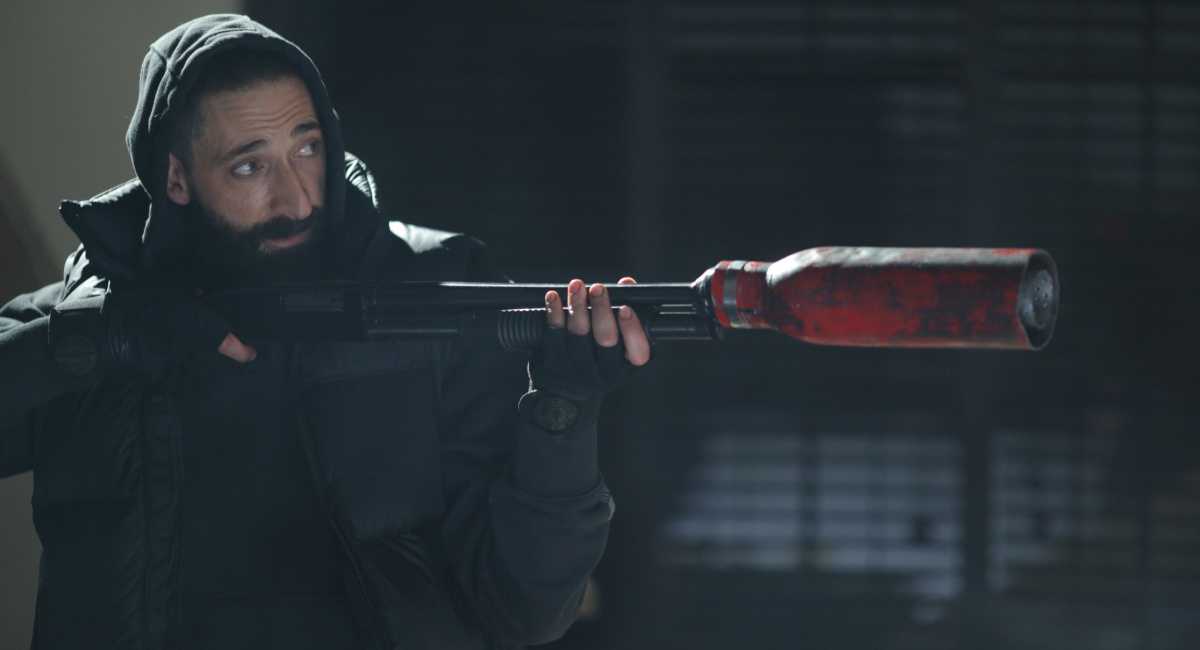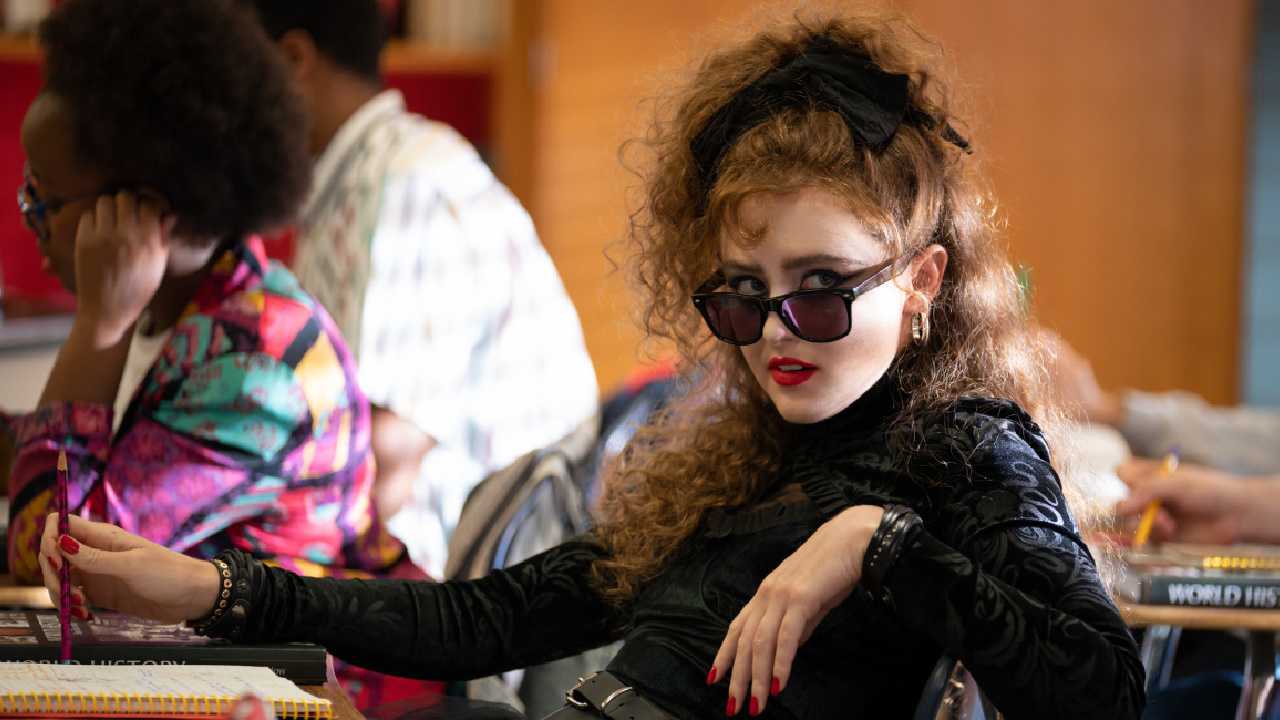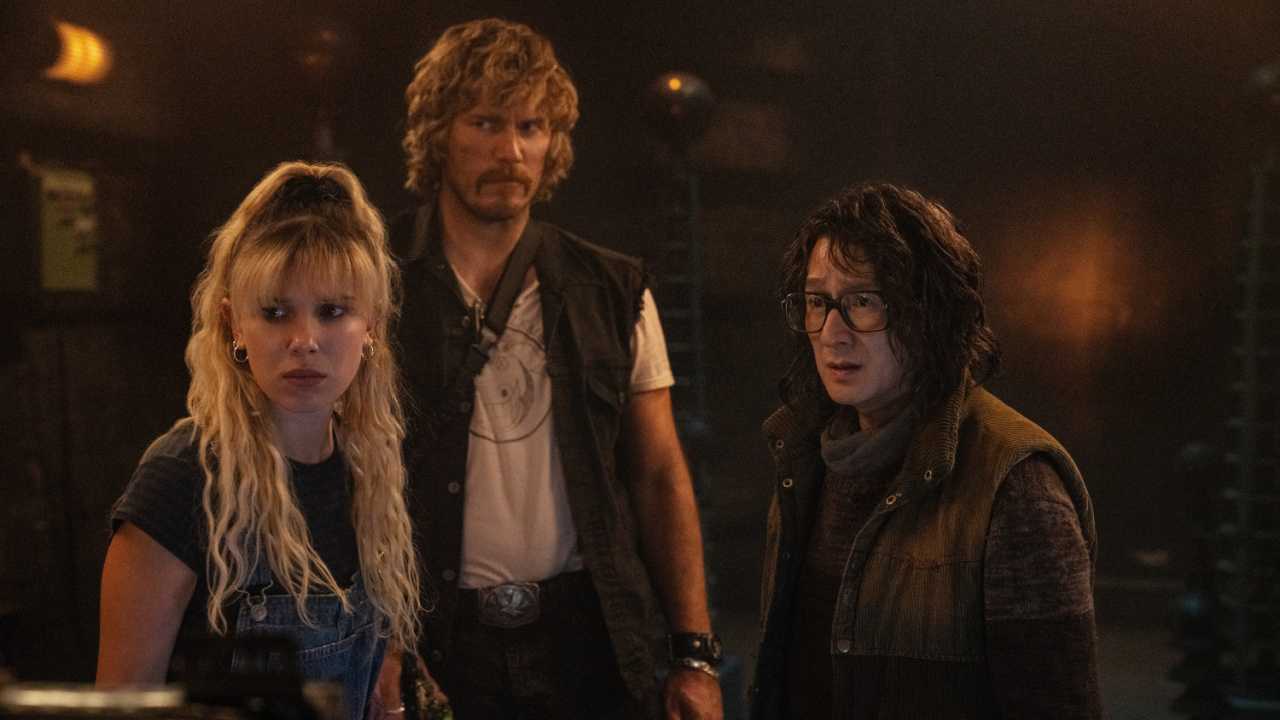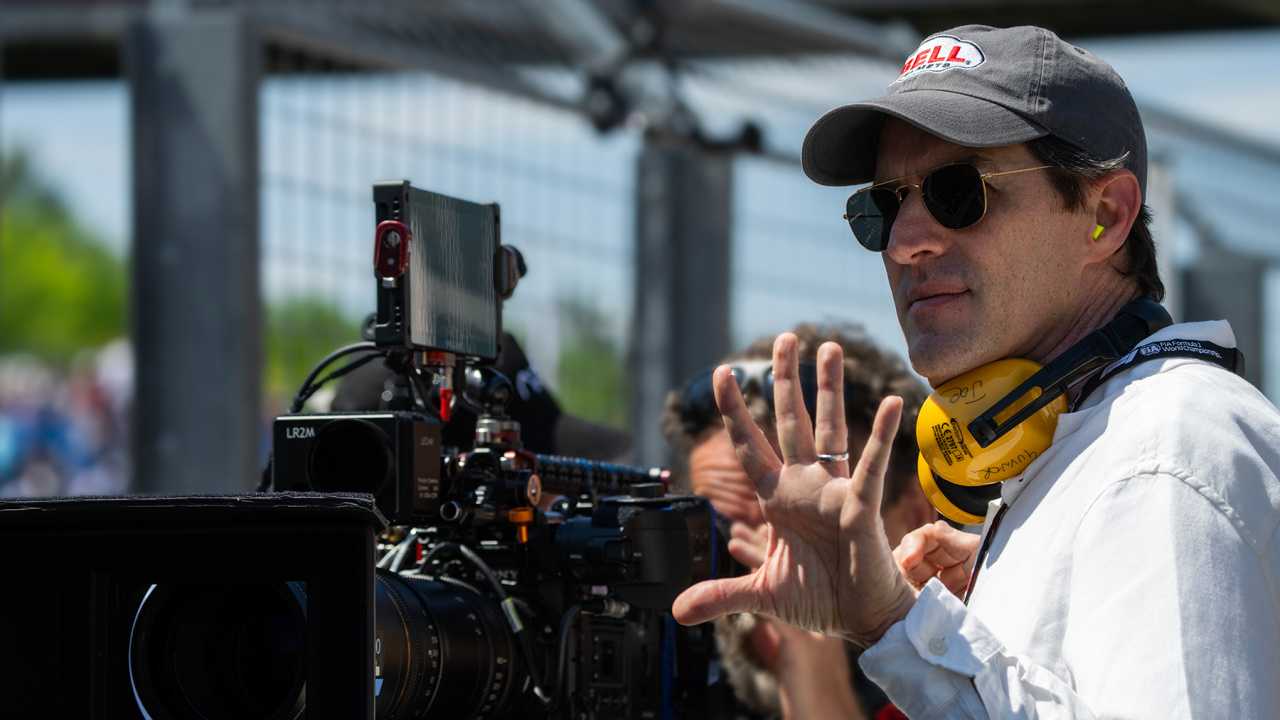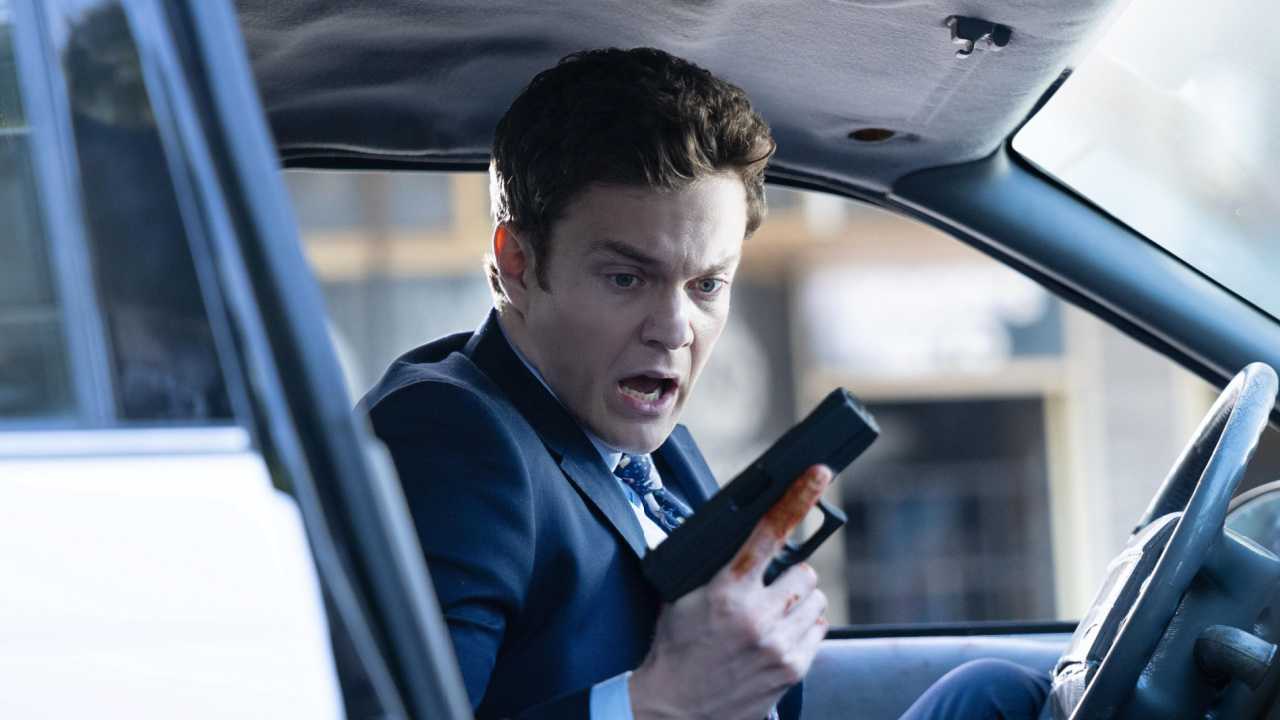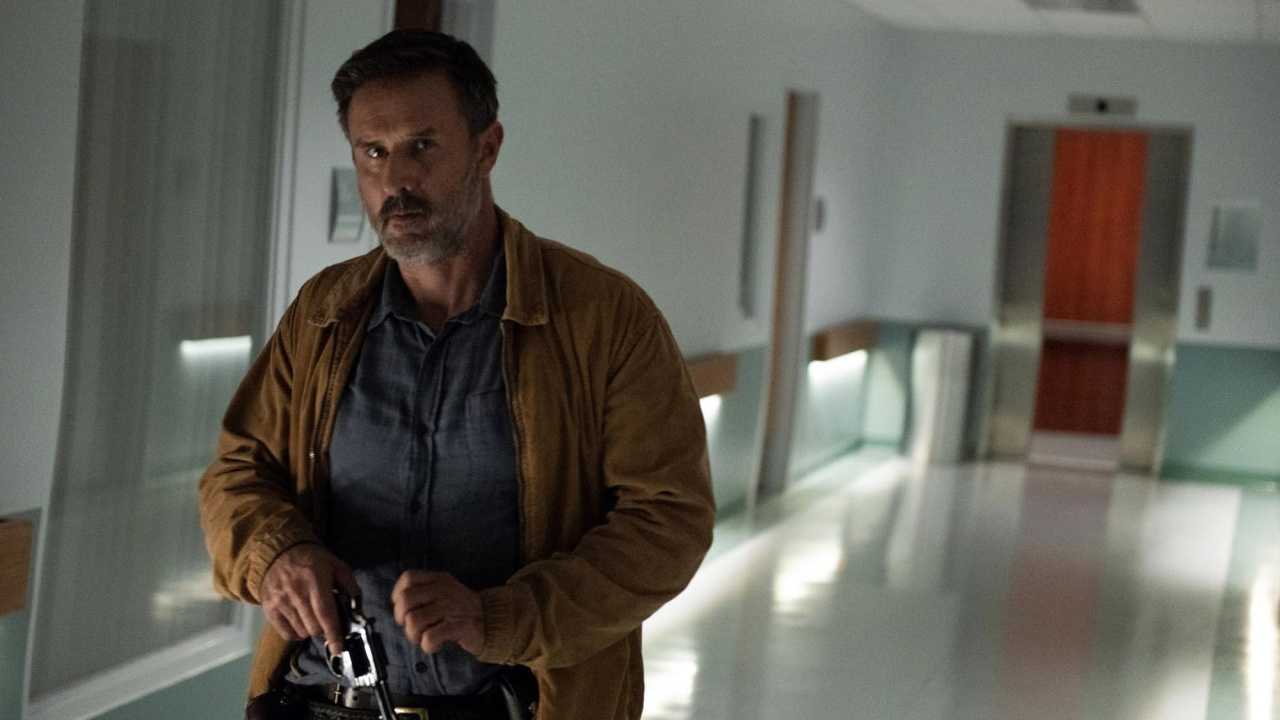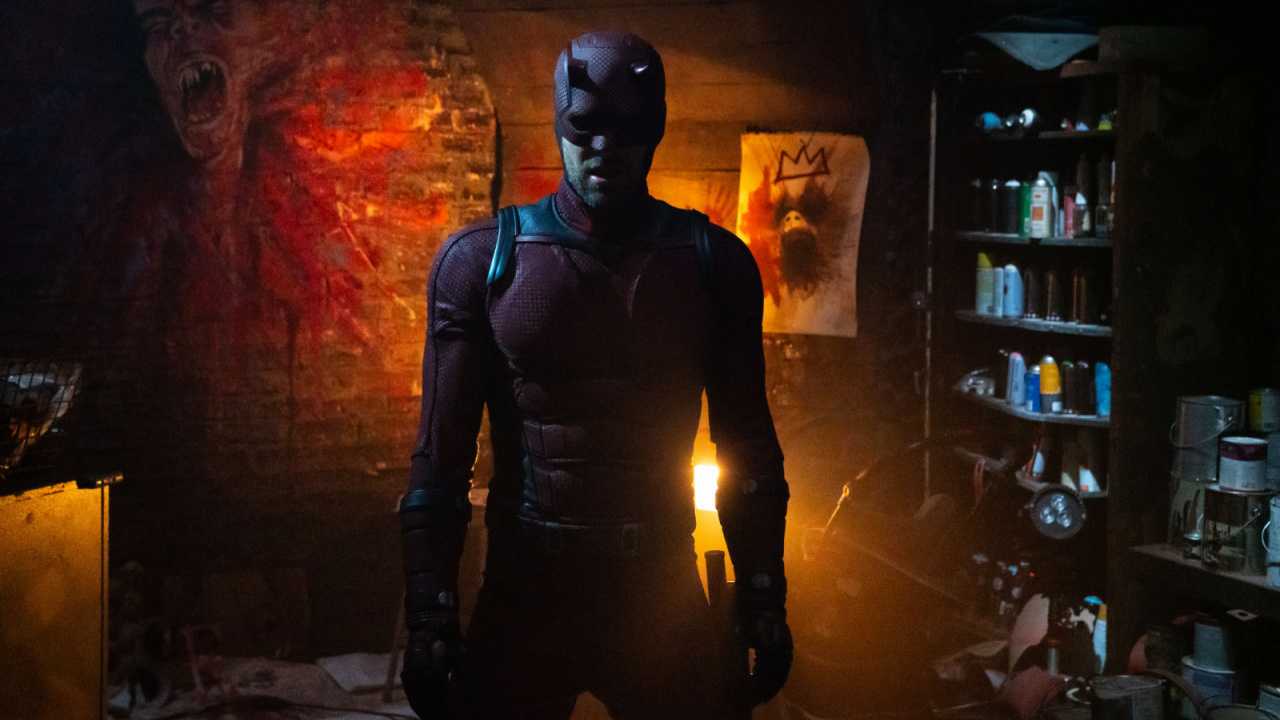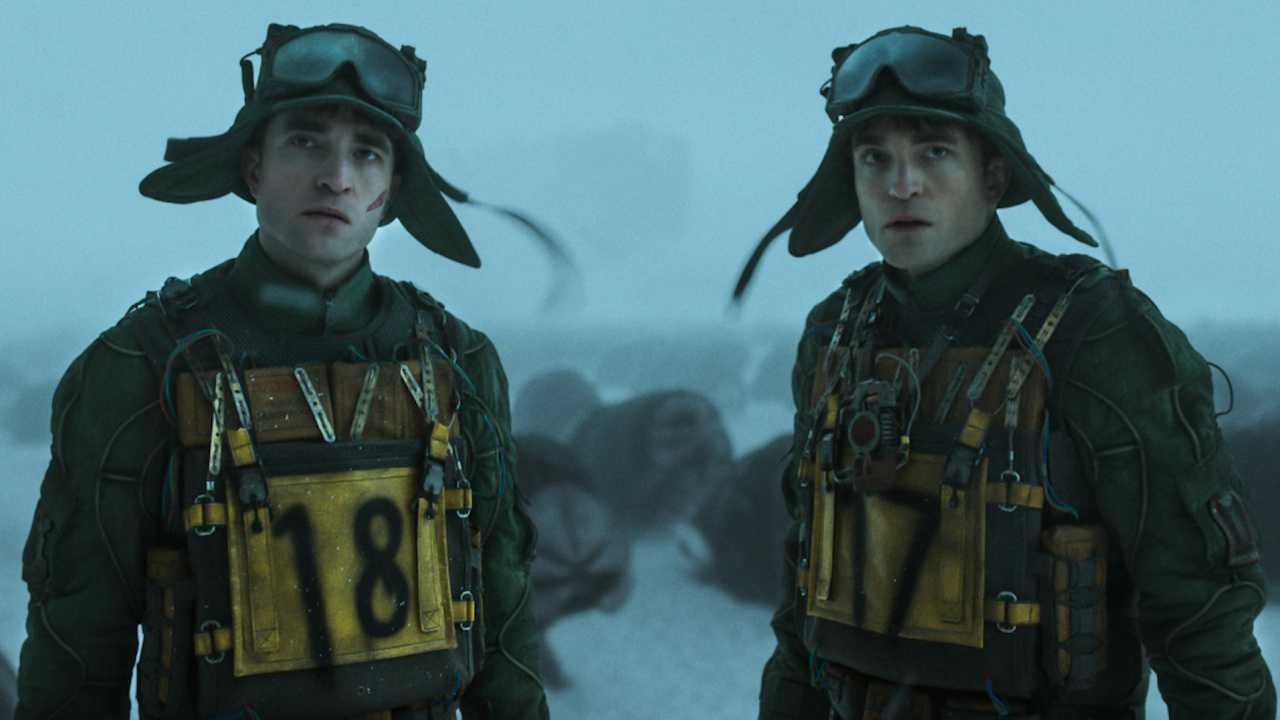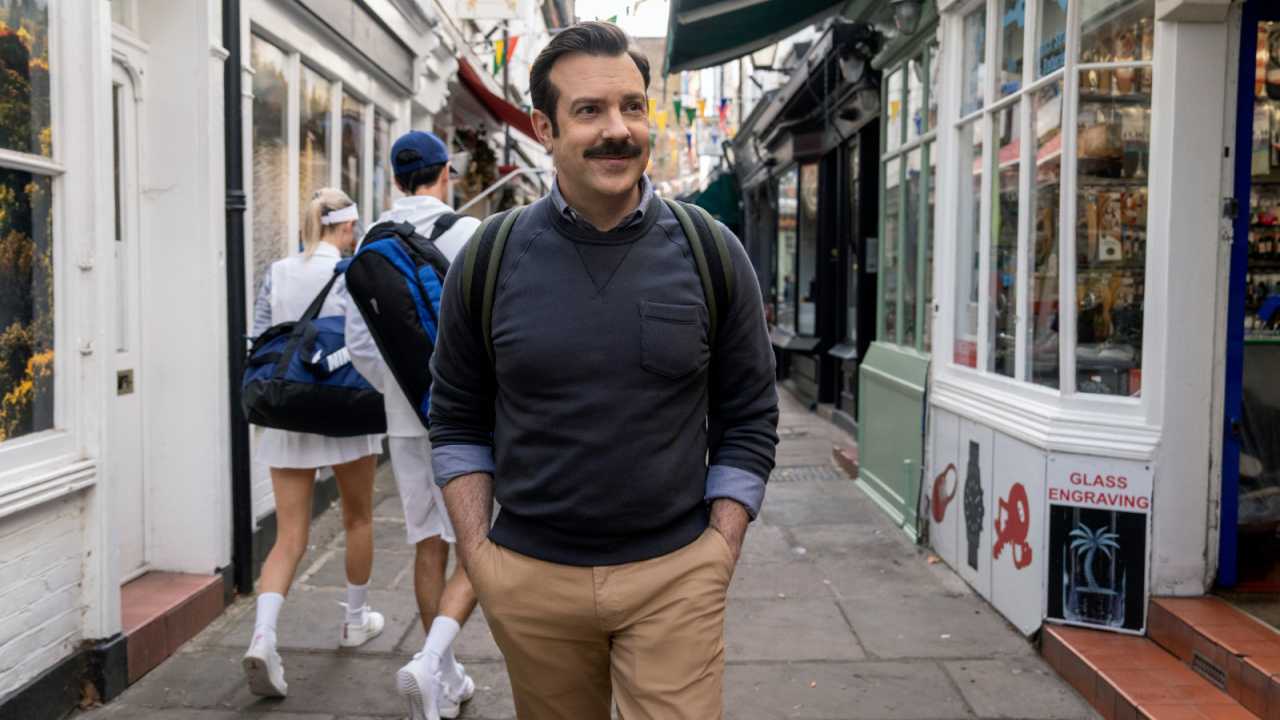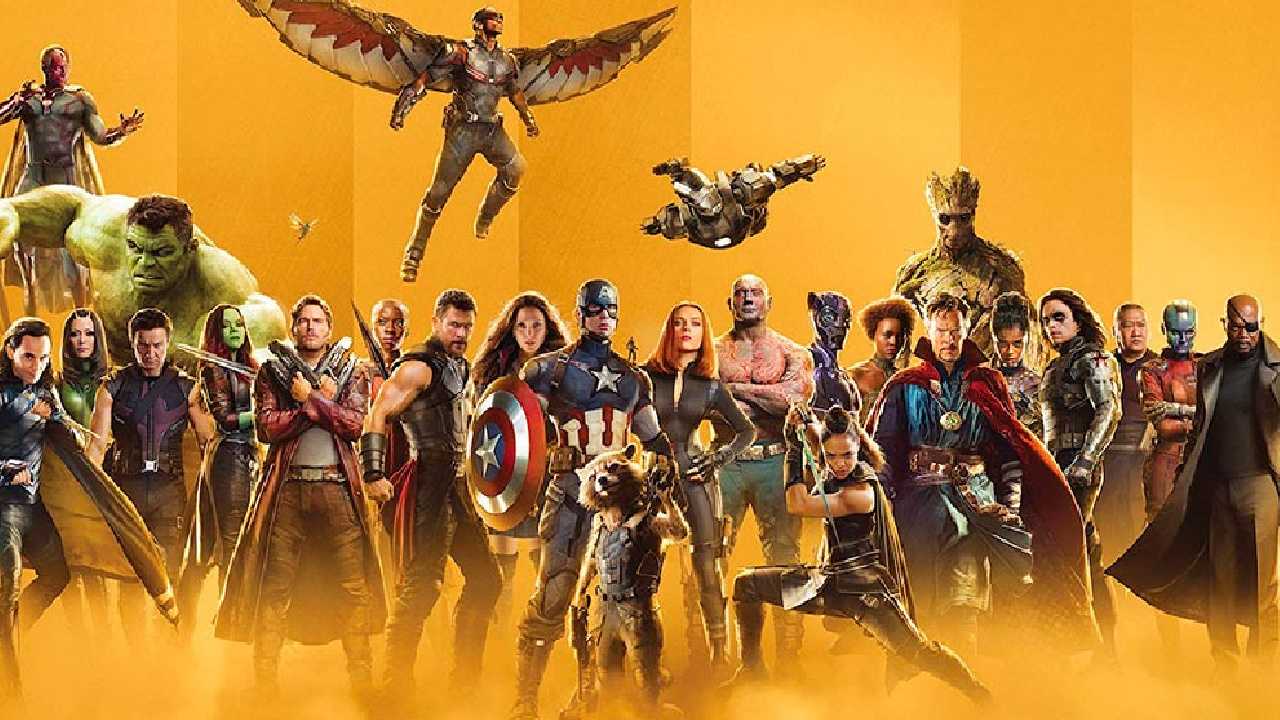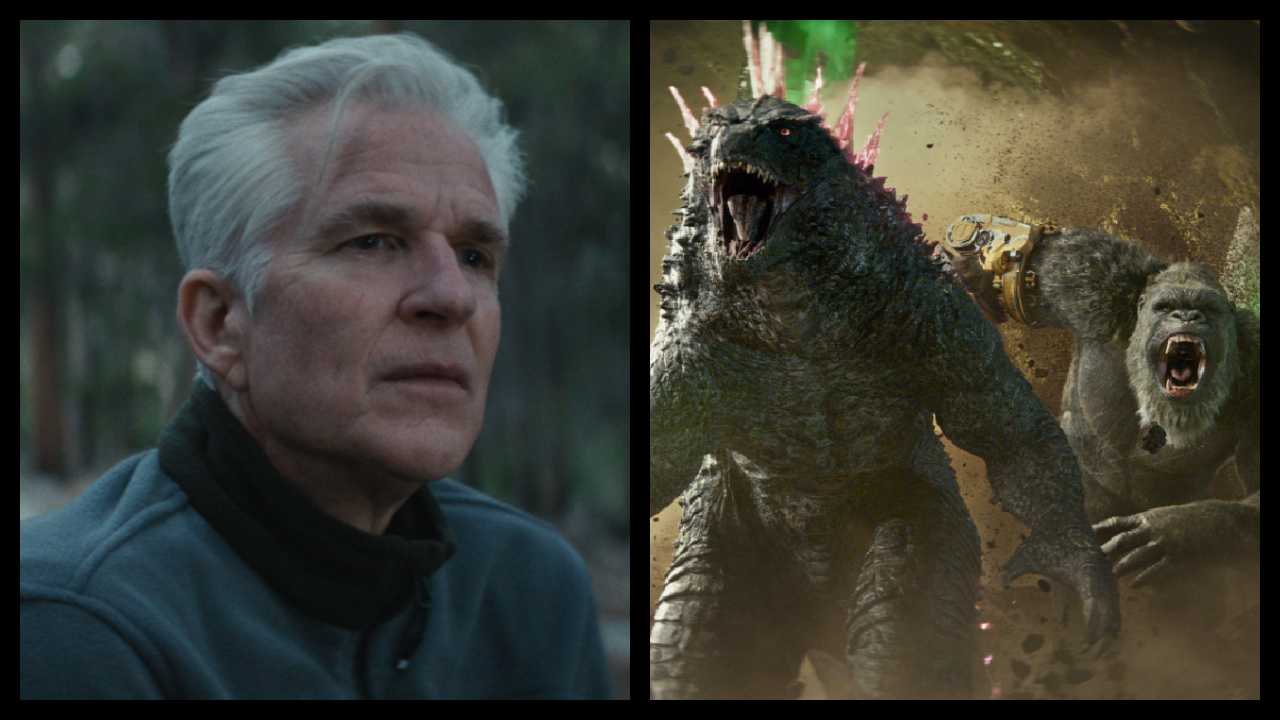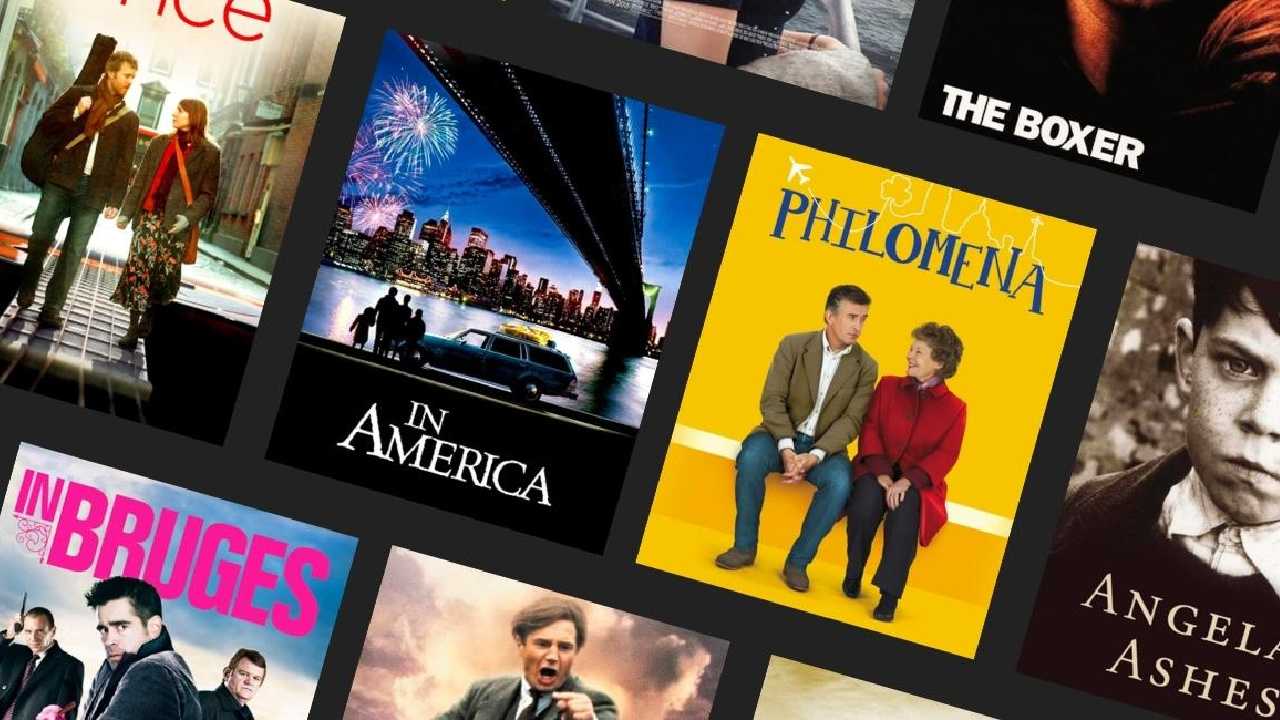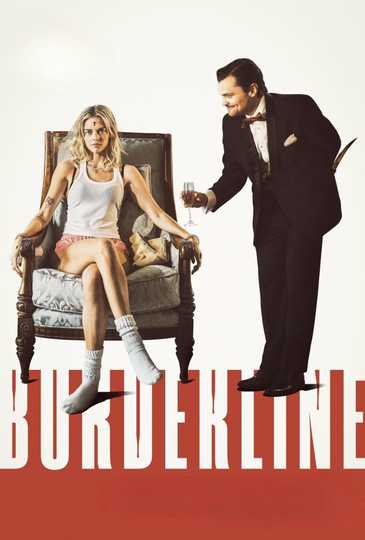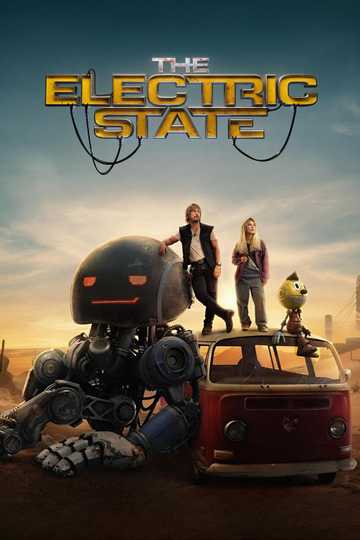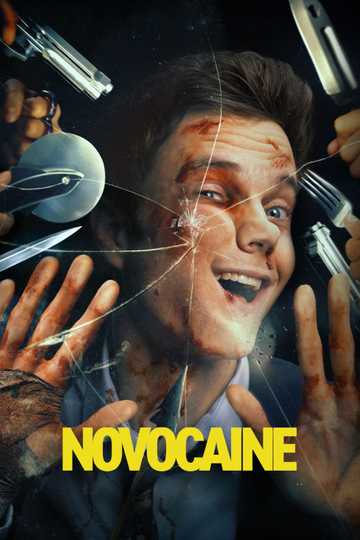Iliza Shlesinger dishes the dirt on the true story behind her new Netflix comedy
Writer and star Iliza Shlesinger joins co-stars Ryan Hansen and Margaret Cho, and director Kimmy Gatewood to talk about making their new comedy.
Read on for more from the cast and director of ‘Good on Paper’
Moviefone: How close is this to the true story?
Iliza Shlesinger: This is dangerously close. I would say this movie is two thirds true. And to get even more specific, every single lie that Dennis Kelly tells in this movie happened to me in real life. All of their moments and interactions, they're all real. The golf scene didn't happen in that way, but there were a lot of lies around golf. So, it's all very informed and very real ... except for the end. The end is not real.
I wanted to keep this as authentic as possible, because what makes the story so unbelievable is the fact that this person lied about things that you don't normally question. If someone says where they went to school, what they do for a living, these are basic “get to know you within the first five minutes” questions. So these are not things that we as humans, as normal humans, are trained to think someone would lie about. It's not like he said, "I'm the king of France and I have a fleet of yachts," you know? No alarm went off. And so it was only as it went on and as he kept digging deeper and deeper that some of the alarms went off. That alarm in real life being my mother who was like, "Something's not right."
But keep in mind, we were friends before we dated, so you wouldn't scrutinize your friends the way you would someone you're dating. So, the fact that it's that subtle, I think, adds to how real it was.
MF: Is there a different mindset for you as a writer when you're writing out a script versus writing for your stand-up?
Shlesinger: Sure. You know, writing for your ... I don't write my stand-up. I actually, I'll jot down like a word or two, and then I just talk it out on stage, so it's a lot more free form and writing this ... There were two things, three things I want to be cognizant of. One was giving all the other actors their own voice, not just iterations of me, giving them fun things to say and making it so that their job wasn't like, "I'm just showing up and saying one line and leaving." I wanted it to be funny. I wanted these to be meaty parts. Keeping the vulnerability with Andrea. You know? This character didn't deserve it, didn't have it coming, isn't a hapless dumpster fire of a girl who can't get it together. She's actually more like the average woman in that she pays her way through life and works hard and didn't deserve it. So I wanted to make sure that we could access her vulnerability and how difficult this was for her. I think there was a third, but I can't remember it.
MF: I love the names of the TV shows. Were there other ideas that you had for shows that you were going to mention?
Shlesinger: No. Those, in fact, of all the parts of the script that changed over the years, like those show names were in from the beginning. It was sort of my jab at the exhaustion that is an audition process, and at some of these asinine pilots and network shows that you audition for. You're like, "I'm just here to get a paycheck," which is probably why I've never booked anything. But, I think in Hollywood we all sort of know that like some of these are weird, some are great and some are weird. So, I just wanted to sort of poke fun at that.
MF: Kimmy Gatewood, what's it like jumping into your first narrative feature as a director?
Kimmy Gatewood: Well, I made an independent documentary film back in 2008 called Nerdcore Rising. So I've toyed with features. Documentary films are only for rich people, so don't do that ever again. You need to be a bazillionaire, I think is the term. I've always wanted to tell bigger stories. I've worked in theater. I come from a comedy background, but I also did plays, and to tell a big story like this has been a lifelong dream, and I'm so happy I got to finally tell a story with a comedian, comedy, all of my greatest loves.
MF: How did this come your way?
Gatewood: My agent actually sent me the script and I fell in love with it and I pitched my take to Iliza, and it was kind of love at first sight. We just got along like gangbusters. I really got the story, I loved this complicated female character. It's a messy, fun story based on a true story, and it's also funny as hell.
MF: Does it get difficult to ride herd on multiple comics and keep them focused on the scenes and the shots?
Gatewood: I think comedians are the best at taking direction because they're used to just turning on a dime. So they're always present, always listening and being a...particularly a stand-up comic takes a lot of work, a lot of rehearsal, you have to do the same set over and over again, they make terrific actors. And I also think that comedy brings chemistry, and so when you're with a bunch of comedians, they can often elevate the material with facial expressions.
MF: Is there improv on set or are you mostly sticking to what's on the page?
Gatewood: I always invite improv on a set, when it's appropriate in the story and the character. I always get one with on the script, just in case. Like smart you, which was preparing for this film one month ago, was like, this is a great script with great jokes. And then you on the set, is just like, yeah, let's just goof around. And you're like, oh no what have we done?
But movies are not sculptures. They're not made of stone, they're made of clay. So we're constantly finding what's organic to the character. If something doesn't sound right out of an actor's mouth, it's probably because it's not authentic to who they are. Like on ‘Glow,’ for instance, Rebecca Johnson and I, we were given a couple of lines, but we improvise most everything that we did. And I think that when a scene, or characters call for it, you're more than welcome. And I had a terrific supporting cast like Rebecca, Alison Becker from Parks and Rec, Beth Dover… an amazing supporting cast that really brought something special to their characters.
MF: The cauterizing scene, is that a fake torso, is that a real torso?
Gatewood: That cauterizing the wound, oh my gosh, well, we did have a body double because Ryan Hanson is incredibly ripped. So we had to put a fat suit on him, so we had a body double for that and the actual fire itself was a VFX. So yeah. But I have to say like, as I, as a comedian, you never really get to do that kind of gross-out kind of horror stuff. And it was really fun to do it and more than anything, I wanted to see that little flab of skin in the door and I got it.
MF: Ryan, did you get the opportunity to do a full Robert De Niro preparing for the Untouchables and eat a bunch of pasta? You look a little doughy as Dennis. Or was that a fat suit?
Ryan Hansen: Most of my roles, I do prepare like De Niro! That is a little bit of a pouch I got to put there to cover my actual gut to make it a little accentuated, but I really dove into that character and ate everything. I like, it's my character. I must.
MF: Margaret Cho, Margot's got her own character arc in this as well. How much more attractive is a role like this to an actor, as opposed to just a friend who just says, "oh, you're great. Keep going."
Margaret Cho: Yeah. I mean, it was really fun to play and fun to play the truth of that. I get to act with Iliza and Ryan and to do something that really was so clear to Iliza's vision, so true to her vision, was really remarkable. So I loved it.
MF: Is it hard to stick to the page while you're shooting, as opposed to see who can go for the biggest laugh on set?
Cho: Iliza had put forth such a great script and that we really wanted to remain true to it. And so it was important for us to do that, but I definitely think that so much comes through that's very funny also. She was so funny in what she wrote and then also just the performance was really excellent.
MF: Ryan, as you're playing Dennis, you talked about going fully into it. Are there any points as you're reading the script and you're thinking, "oh, he could do his BS much better if he did it this way."
Hansen: Yeah, totally. But the really cool part for me was having Iliza, who had lived the story and wrote it, right next to me kind of telling me, "no, no, this is the way this guy would do it." And it really helped the character. It was really fun to do it that way. So she would give me notes all day and I would ask for them, and it was so she could really get the character dead on.
MF: There's plenty of scenes in the bars with lots of drinking of liquids. What are you replacing the beer with? What are you placing the whiskey with? I'm always wondering about that.
Cho: Is it iced tea? Mostly iced tea.
Hansen: Yeah, a lot of times it's iced tea and then if it's too much iced tea for caffeine, a lot of times they'll just like make food coloring with water or whatever. Sometimes it's non-alcoholic beer, if it's like a quick scene or whatever, but that gets pretty heavy after a while.
‘Good on Paper’ is now streaming on Netflix.
